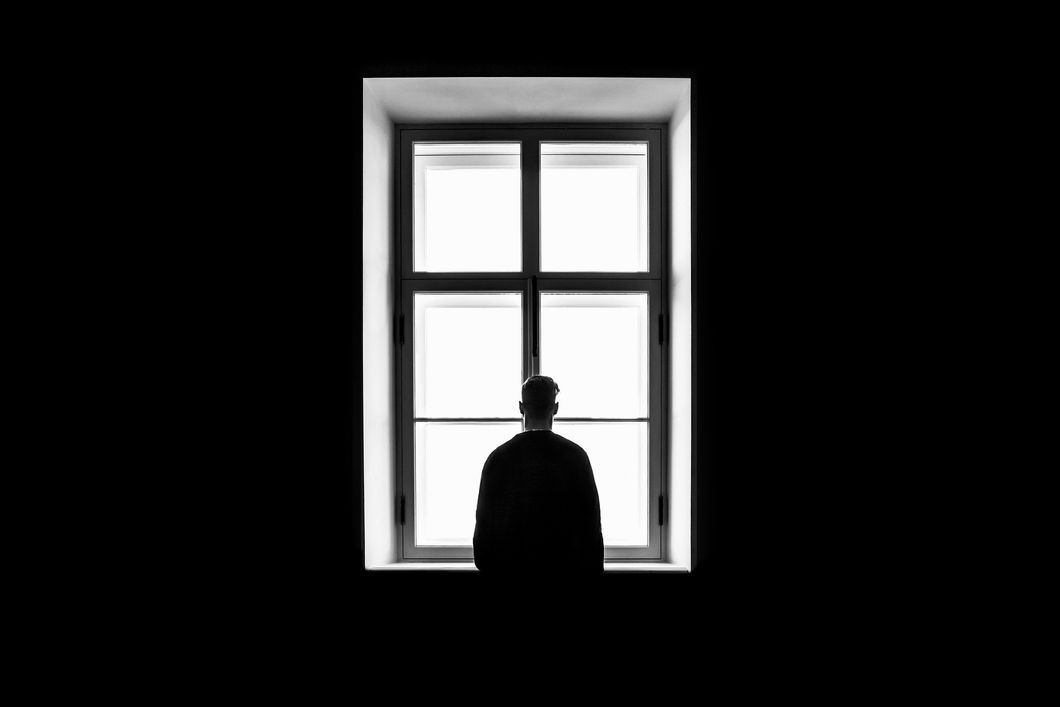Growing up as a Saudi Arabian girl in America, I came across countless concepts that, while I understood, came as completely foreign to my parents. From breaking down the process of applying to colleges to justifying why sleepovers aren't inherently wrong in any way, I always felt like there was a barrier between my family and me; a chaotic collision of two starkly different cultures.
Sometimes, my explanations went beyond the trivial topics of why I chose to be in a choir or why I wanted to play sports. They were explanations regarding a topic that isn't really easy for anyone to talk about; mental health.
To say that there's a stigma regarding mental illnesses in Middle Eastern culture would be an understatement. In fact, I didn't know that mental illnesses existed until I moved to America when I was ten. Growing up in Saudi, I've never heard words like depression or anxiety. If people were to get personal, they would overcoat their truth with statements like "she's just going through a rough time" or "he's just been distant from his faith."
Perhaps what makes mental health such a hard concept to grasp in Middle Eastern culture is the society's correspondence of one's level of faith to his or her mental well-being. In Saudi Arabia, for example, religion surrounds almost every aspect of our culture. It is then natural for the idea of faith to impact how people view mental health. If someone seems particularly upset or takes part in mischievous activities, most people's immediate assumption is that he or she is not faithful enough.
To me, mental health and faith are two different entities. Mental illnesses can't differentiate between who's faithful and who's not. They are products of trauma, the status of upbringing, chemical imbalances in the brain, and many different reasons. While holding onto faith of any kind is, in my opinion, a crucial part of recovery and treatment, it is not a cure.
I believe that everyone should be certain of the idea that no matter what they are going through, they will have someone to reach out to. However, I'm afraid that such a hope is difficult to hold onto in the society that I come from. But, like any other society, there is work to be done, and it comes with no doubt that mine will move towards a brighter tomorrow.
….
As I wrote this piece, there were various ideas I held back from including and ones I chose to include, but, I would like to make a few disclaimers. Firstly, the denial of mental illnesses is not only a Middle Eastern issue. I believe it's an issue that every part of the world faces in one way or another. I'm writing about what I know and part of that is where I come from.
Also, I'm aware that there are many families, doctors, politicians, and other individuals in the Middle East who are actively trying to shed light on this issue. This article is not to take away from their hard work and dedication to create a more understanding and inclusive Middle Eastern society, it is but a commentary on what I've experienced.
Lastly, this piece is not one of criticism towards Middle Eastern society. I am well aware of the idea that religion is deeply rooted in my culture and because of that, it affects the way people view everything around them. Those in the Middle East who deny mental illnesses don't do so because they are heartless or careless, they do so because of what they rely on most in life; faith.
















